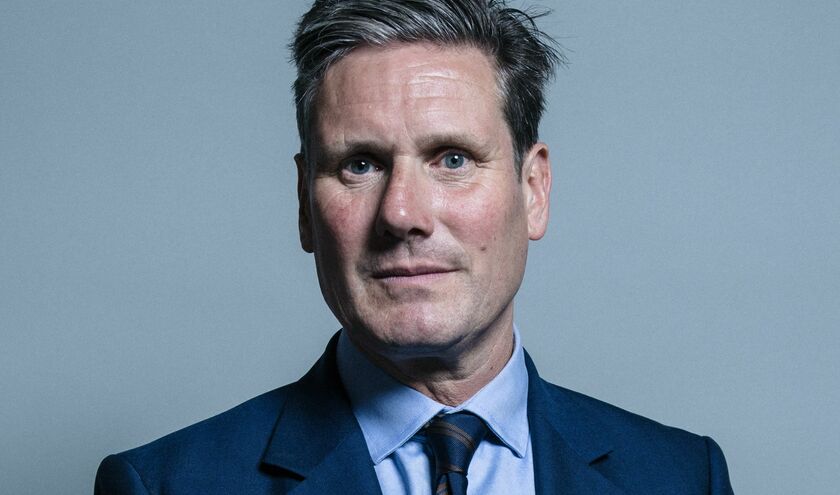Launching the Plan, Starmer said Neighbourhood Health Services would be rolled out nationally with new health centres bringing healthcare professionals under one roof to ‘dramatically improve access to the NHS'.
Health and social care secretary, Wes Streeting, said: ‘Our 10 Year Health Plan will turn the NHS on its head, delivering one of the most fundamental changes in the way we receive our healthcare in history.
‘By shifting from hospital to community, we will finally bring down devastating hospital waiting lists and stop patients going from pillar to post to get treated.'
Under the plans, new health centres housing neighbourhood teams will open 12 hours a day, six days a week within local communities and bring historically hospital-based services such as diagnostics, post-operative care and rehab into the community. Services like debt advice, employment support and stop smoking or weight management will also be offered.
The Government promised to end the status quo of 'hospital by default' saying the majority of outpatient care will happen outside of hospitals by 2035.
The Plan also promises to train thousands more GPs to bring back the family doctor, end the 8am scramble and reduce A&E pressures.
GPs will be supported with the roll-out of groundbreaking technology over the next two years, including AI scribes which will end the need for clinical notetaking, letter drafting and manual data entry to free up clinicians' time to focus on treating patients.
Dental care professionals will work as part of neighbourhood teams and it will also be a requirement for newly qualified dentists to practice in the NHS for a minimum period, intended to be three years.
The Government will also set a new standard demanding that, by 2027, 95% of people with complex needs will have an agreed personal care plan.
Unpaid carers will be actively involved in care planning, with family, friends and carers agreeing decisions about care together where appropriate.
While acknowledging the Plan offered ‘no overnight fix', Starmer said the Government was ‘already turning the tide on years of decline with over four million extra appointments, 1,900 more GPs and waiting lists at their lowest level for two years'.
‘But there's more to come,' Starmer added. ‘This Government is giving patients easier, quicker and more convenient care, wherever they live.'



